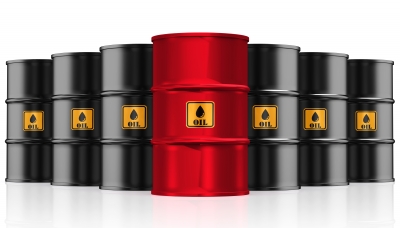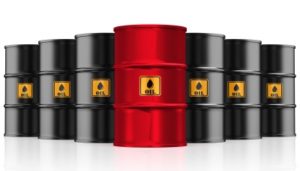The Philippine Bureau of Customs (BOC) has tapped the Department of Budget and Management-Procurement Service (DBM-PS) to procure a service provider that will implement the BOC’s fuel marking program.
BOC and DBM-PS signed on December 28, 2017 a memorandum of agreement (MOA) for the latter to undertake procurement activities and implement the first tranche of the fuel marking program on behalf of the customs agency.
According to the MOA, BOC intends to engage a firm to assist in establishing and implementing its fuel marking program for five years. The first tranche has a budget of P2 billion to be funded from BOC’s 2017 general appropriations.
The cost of the succeeding tranches, estimated between P0.07 and P0.09 per liter, will be passed on to importers and oil refineries.
The agreement noted that while authorizing procuring entities to conduct their own procurement activities, Republic Act (RA) No. 9184, otherwise known as the Government Procurement Reform Act, also provides for certain instances where they may seek assistance from other government agencies.
Fuel marking is mandatory under RA No. 10963, or the Tax Reform for Acceleration and Inclusion Law, which states that in consultation with the commissioners of BOC and Bureau of Internal Revenue (BIR) and with the energy secretary, the finance secretary “shall require the use of an official fuel marking or similar technology on petroleum products that are refined, manufactured, or imported into the Philippines and that are subject to the payment of duties and taxes, such as but not limited to unleaded premium gasoline, kerosene, and diesel fuel oil after the taxes and duties thereon have been paid.”
Under the new law, the government shall engage only one fuel marking service provider. To be supervised and directed by the BIR and BOC commissioners, the provider will provide, monitor, and administer the fuel markers; provide equipment and devices; conduct field and confirmatory tests; and carry out other acts necessary to implement the program.
The Department of Finance earlier said it expects the fuel marking and monitoring system to be in place by the second half of 2018.
Under the MOA, procurement will begin once BOC submits the documentary and funding requirements.
BOC is responsible for preparing the technical specifications, terms of reference, project requirements, and any other documents needed to conduct the procurement activities.
For its part, DBM-PS, through its Bids and Awards Committee (BAC), will facilitate and conduct procurement activities, from procurement conference to post-qualification and recommendation of award of contract to the head of the procuring entity. It will likewise implement and monitor the contract until project milestones for the first tranche have been accomplished and the contractor or consultant has been paid. DBM-PS and its BAC will also prepare the documents necessary in procurement activities and contract implementation.
BOC and DBM-PS also intend to create a joint technical working group for the project, composed of at least three technical personnel, one representative from DBM-PS head, and at least two technical representatives from BOC.
The MOA was signed by Customs Commissioner Isidro Lapeña and DBM-PS executive director Bingle Gutierrez.
Image courtesy of yodiyim at FreeDigitalPhotos.net






